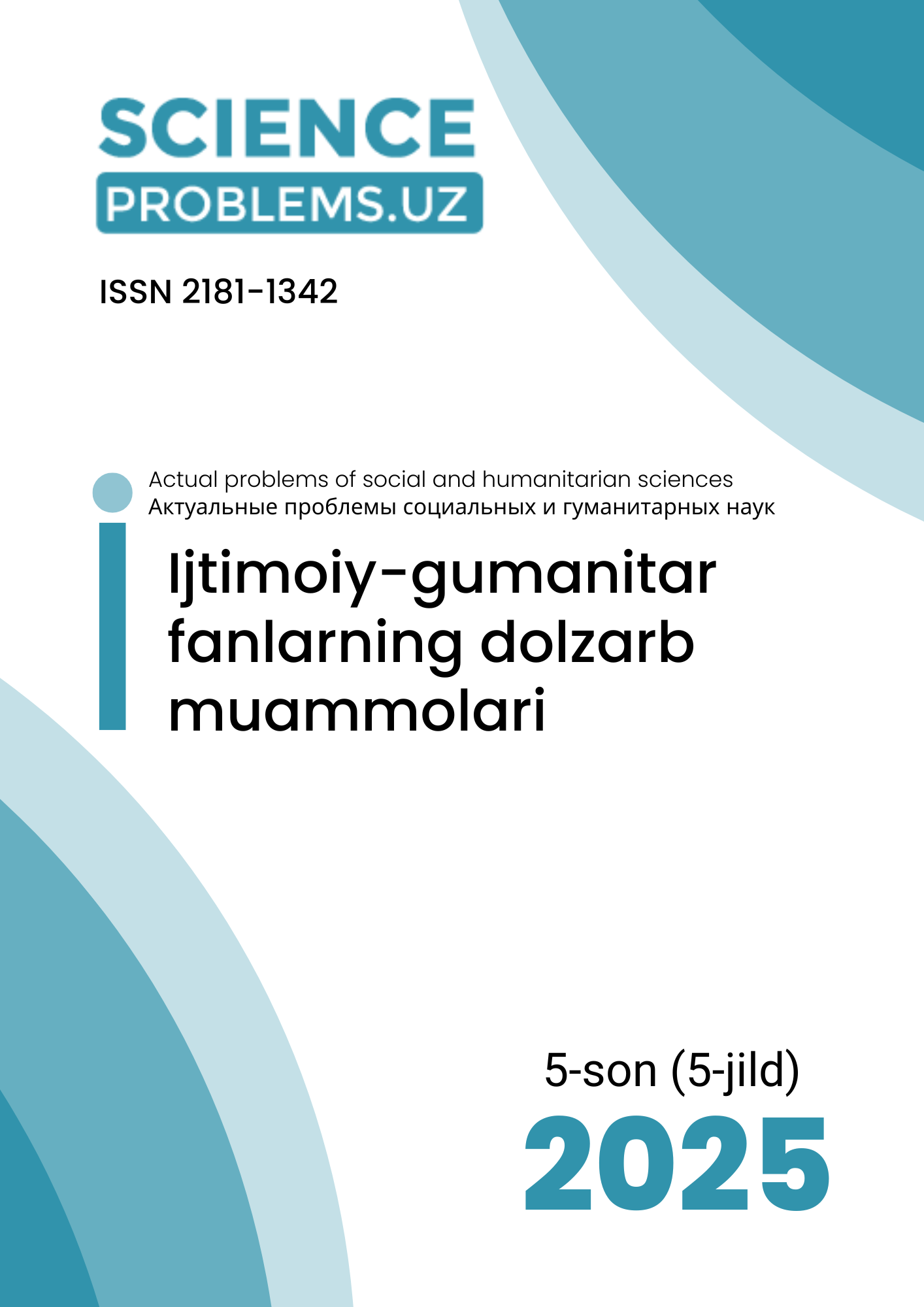THE IMPORTANCE OF FORMING CRITICAL THINKING IN PROTECTING AGAINST THE INFLUENCE OF DESTRUCTIVE PROPAGANDA
DOI:
https://doi.org/10.47390/SPR1342V5I5Y2025N37Keywords:
targʻibot, destruktiv targʻibot, tanqidiy tafakkur, ijodiy tafakkur, zamonaviy targʻibotAbstract
This article notes that while modern propaganda systems of a constructive nature are improving, destructive propaganda forms and means are also becoming more complex, and proves the need to solve three main tasks in order to protect people's consciousness and activities from the influence of destructive modern propaganda: a) it is necessary to raise critical thinking in people, relying on the educational opportunities of society; b) it is necessary to further improve public opinion by using the opportunities of the mass media and social networks; c) it is necessary to improve the national spiritual propaganda system. At the same time, it is emphasized that the first task in protecting people's consciousness and activities from the increasingly active influence of destructive modern propaganda in modern society is related to raising critical thinking in them, and for this, it makes suggestions and recommendations that all educational opportunities of society should be mobilized to fulfill this task, and systematic measures should be taken to raise critical thinking using these opportunities
References
1. Facione P.A., Ennic R.H. Critical thinking: A Statement of Expert Consensus for Purposes of Educational Assesment and Instruction.- The Delphi Report,1997.
2. Халидова А.Б., Шуруха Т.А. Особенности процесса мышления.// Мировая наука, 2018, №4.- 258-261-с.
3. Корнев М.С. Фактчекинг: от термина и понятия к словоупотреблению.// Вестник РГГУ. Серия: Литературоведение. Языкознание. Культурология, 2020, №6.- 72-с.
4. Cox R. Artificial Scarcity.// The Socialist Standard, 1998,№93.- Р.1124.
5. Fundamentals of Critical Argumentation (Critical Reasoning and Argumentation).- Cambridge: Cam-bridge University Press, 2005.
6. Сидоренко Н.С., Гнатышак А.С. Развитие логического мышления в рамках непрерывного образования (от школы к вузу и от вуза к школе).// Научный вестник Южного института менеджмента, 2015, №2.- 74-76-с.
7. Богдан С.С. Научный скептицизм как культурный феномен и метод исследования паранормаль-ных и псевдонаучных концепций.// Манускрипт, 2016, №3-1- 37-42-с.
8. Чернецкая Н.И. Творческое мышление как Высшая форма мышления.// Вестник Адыгейского государственного университета. Серия 3: Педагогика и психология, 2009, №2.- 225-230-с.








